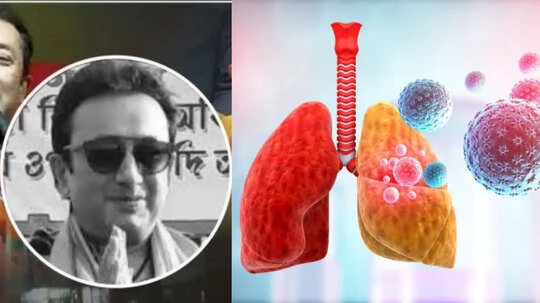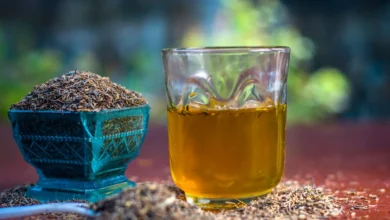Joy Banerjee Dies of Pneumonia at 62; How Seniors Can Prevent the Deadly Infection

Popular Bengali film actor Joy Banerjee died due to pneumonia at the age of 62 years, after battling the condition for more than ten days.
According to media reports, Banerjee, also a former BJP leader, experienced respiratory distress as he was also suffering from diabetes and chronic obstructive pulmonary disease, or COPD. However, the actor was initially taken home from the hospital on August 16 and was put on a ventilator on the following day.
What is pneumonia?
Pneumonia is an infection that causes the lungs’ air sacs or alveoli to fill with fluid or pus, leading to inflammation and difficulty breathing. Doctors say it is usually caused by bacteria, viruses, or fungi. Bacterial pneumonia is usually more severe than viral pneumonia, which often resolves on its own.
According to experts, pneumonia affects one or both lungs. Pneumonia in both of your lungs is called bilateral or double pneumonia.
How is pneumonia different from the common cold and flu?
While it can be difficult to tell the difference between the symptoms of a cold, the flu, and pneumonia, only a healthcare provider can diagnose you. While pneumonia is life-threatening, it is also important to seek medical attention for serious symptoms that could be signs of pneumonia, like:
- Congestion or chest pain
- Difficulty breathing
- A fever of 102 degrees Fahrenheit (38.88 degrees Celsius) or higher
- Coughing up yellow, green , or bloody mucus or spit
Who is most at risk of getting pneumonia?
Doctors say you are at an increased risk of pneumonia if you:
- Are over the age of 65 years
- Are you living with a lung or heart condition like asthma, COPD , or pulmonary fibrosis
- Are you living with a neurological condition that makes swallowing difficult
- Are in the hospital or at a long-term care facility
- Smoke
- Are pregnant
- Have a weakened immunity
How are the elderly affected by pneumonia?
Doctors say adults over 65 years or those with weakened immune systems may have mild or less noticeable symptoms of pneumonia, which include cough and breathlessness. A few symptoms of ongoing health conditions may worsen as older adults are more likely to experience:
- A sudden change in mental state
- Low appetite
- Fatigue
Ways to prevent pneumonia in older adults
Treatment for pneumonia in older adults depends on what caused it – bacteria, virus, or fungi – and how serious your case is. In many cases, the cause cannot be determined, and treatment is mostly focused on managing symptoms. A few ways seniors can prevent pneumonia include:
Vaccines
Doctors say there are two types of vaccines that prevent pneumonia caused by bacteria. Similar to a flu shot, while these vaccines may not protect against all types of pneumonia, if you do get sick, it is less likely to be severe.
Quit smoking
Quit smoking cigarettes and avoid secondhand smoke. Smoking damages your lungs and makes you more likely to get an infection.
Wash your hands
Washing your hands with soap and water before eating, before handling food, and after using the restroom is extremely important. If soap is not available, you must use an alcohol-based hand sanitizer.
Do not share items
Always avoid close contact and sharing items with others if either of you has an infectious disease such as the flu or a cold.
Healthy lifestyle
Eat a healthy diet, exercise, and get enough rest.









